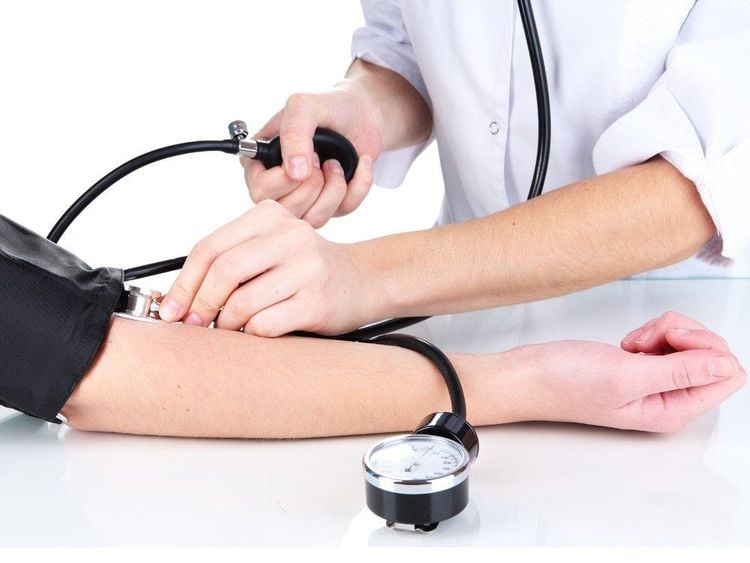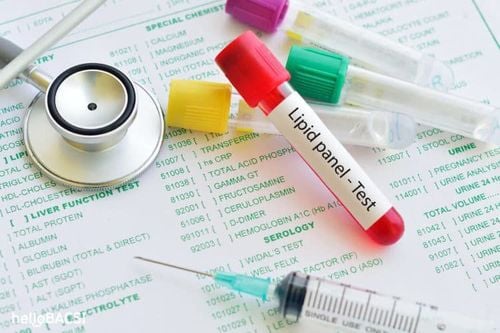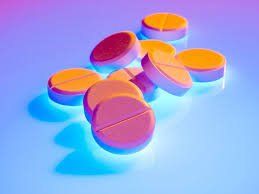This is an automatically translated article.
The article was professionally consulted by Doctor Nguyen Van Duong - Interventional Cardiologist - Cardiovascular Center - Vinmec Central Park International General Hospital.When it comes to health, many people often only refer to the issue of weight or calorie intake. However, this only assesses part of your health. In fact, human health depends on many other indicators such as BMI, blood sugar, blood pressure, cholesterol or triglycerides.
1. BMI
1.1. Role
BMI (short for Body Mass Index) is a body mass index based on height and weight to calculate ideal mass or lean or obese. Through BMI, you can assess whether your body weight is suitable for your height or not, thereby adjusting your weight to have the best fit. An ideal BMI also means that you are in good health, with a low risk of disease.1.2. BMI in normal people
To calculate your body's BMI, you can apply the formula:BMI = (body weight)/(height x height). In which, body weight is in kilograms and height is in meters. Through BMI , you can determine whether the body is obese or malnourished.
BMI should be achieved in a normal person is from 19-23.
See also: How to measure and calculate BMI according to the guidelines of the National Institute of Nutrition
2. Blood pressure
2.1. Role

2.2. Normal blood pressure
When measuring blood pressure, you need to know 2 values that are the maximum blood pressure (systolic) and the minimum blood pressure (diastolic). Based on these 2 values you can know if your blood pressure is normal or not.So how much blood pressure is normal? Normal blood pressure would be systolic less than 140 mmHg and diastolic less than 90 mmHg.
See also: Normal blood pressure index according to the classification of the World Health Organization
3. Glycemic Index
3.1. Role
The GI (Glycemic Index) is a glycemic index that reflects the rate at which blood sugar rises in the body after consuming foods rich in carbohydrates. The glycemic index of a food will be divided into 3 levels: high, medium and low.The control of blood sugar in the body is very important, especially for people with diabetes.
3.2. Normal blood sugar index
The glycemic index will change before and after eating. Depending on the age and specific stage of the disease, each person will have different safe blood sugar levels.The safe blood sugar level in a normal person is 4.0-5.9 mmol/L (72-108 mg/dL)
See also: What is the blood glucose level to have diabetes?
4. Cholesterol and Triglyceride Index
4.1. Role

Testing the levels of blood lipid components is very important and should be done after the age of 40.
4.2 Normal cholesterol and triglycerides
The desired levels of cholesterol and triglycerides are as follows:Total cholesterol: < 5.2 mmmol/L (201.1 mg/dL) LDL-Cholesterol: < 3.2 mmol/L (123.7 mg/L) dL) HDL-Cholesterol: > 1.3 mmol/L (50.3 mg/dL) Triglyceride: < 1.7 mmol/L (150.6 mg/dL) The above are our sharing about the indicators number in the body. Hopefully, through this article, readers will have a basis to assess their health status. To determine your body's indicators and assess your health status accurately, you should conduct tests at reputable medical facilities.
Vinmec International General Hospital is one of the leading hospitals in screening for cardiovascular diseases and diabetes. The hospital is implementing the Cardiovascular and Diabetic Screening Package, in which the blood fat index tests are performed for the most accurate and reliable results from which to assess whether or not the abnormalities of the blood lipids are abnormal. number and provide appropriate treatment.
Please dial HOTLINE for more information or register for an appointment HERE. Download MyVinmec app to make appointments faster and to manage your bookings easily.














